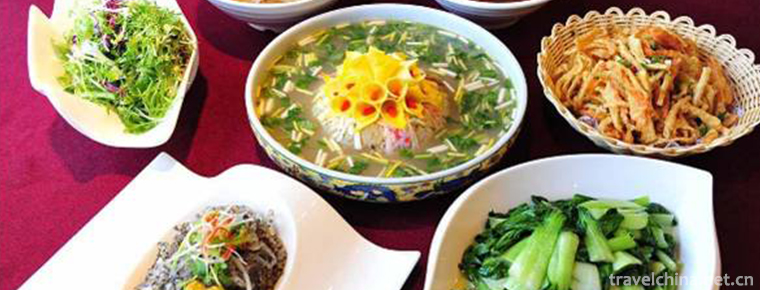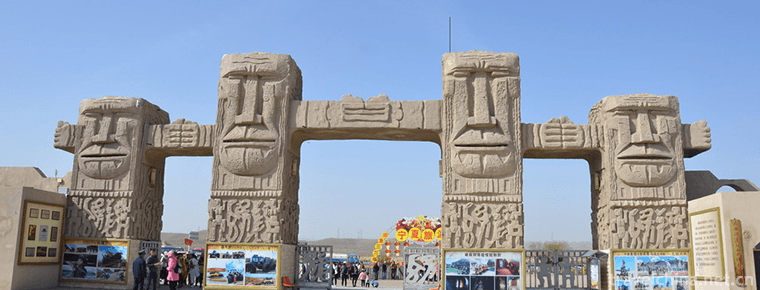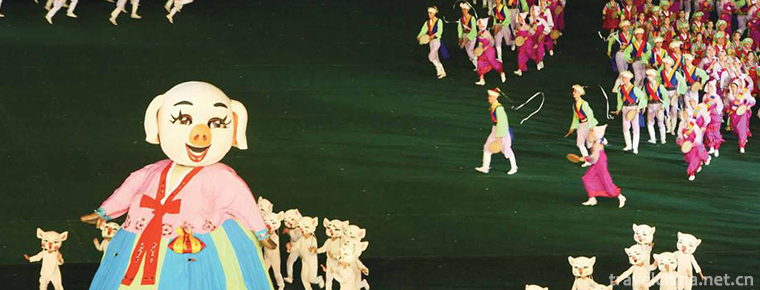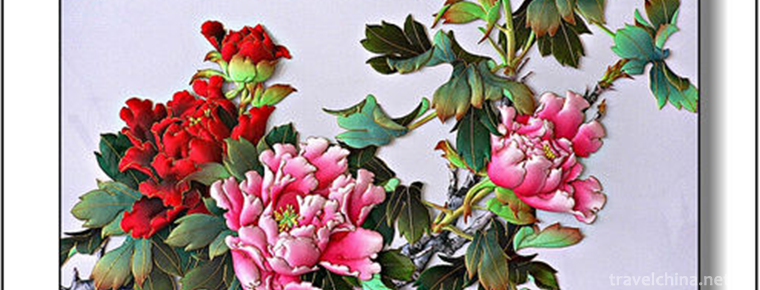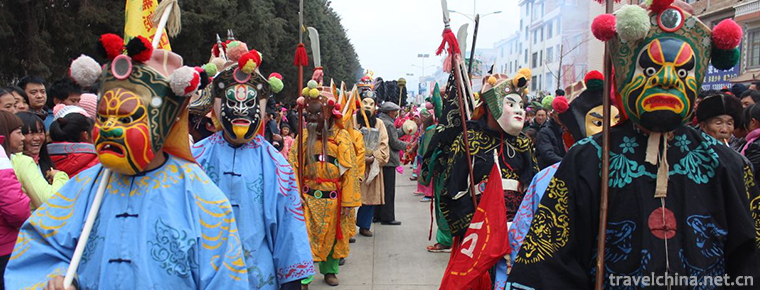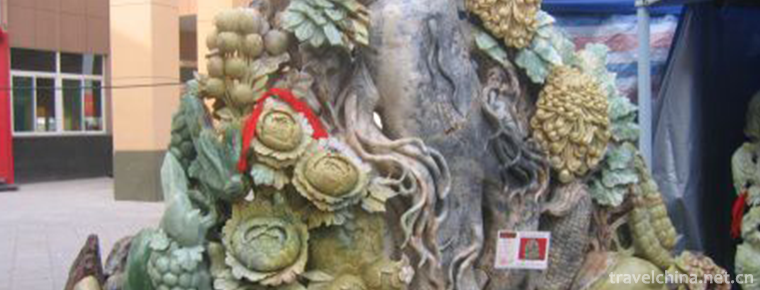Nuuziz Festival
Nuuziz Festival
The word "Nuruzi" comes from the ancient Iranian language and means "spring rainy day". On March 21 of each year, like the Spring Equinox, it means the arrival of spring. Uygur, Tajik, Tatar, Kazakh and Uzbek minorities celebrate Noruzi Festival in various forms such as singing, dancing and acrobatics every year.
On May 23, 2011, the "Noruzi Festival" declared by Tacheng District of Xinjiang Uygur Autonomous Region was listed in the third batch of national intangible cultural heritage list with the approval of the State Council.
Origin of Festivals
Nozuz Festival originated in Central Asia and has a history of at least three thousand years. People who used to live nomadic and semi-nomadic life will celebrate the beginning of a new life with this traditional festival when the ice and snow melt, the grass and trees turn green, and livestock give birth to their offspring. On this day, people will hold various celebrations to wish them peace and happiness, prosperity and plentiful harvest in the new year.
The ceremony of "Noruze Festival" begins after the dawn of the festival. On the day of the festival, the parents of each family got up first, burned a pile of pine and cypress branches in the middle of the house, and turned the smoking branches around each person's head, wishing them peace and happiness. Then, parents take smoking pine branches to the entrance of the livestock pen, let the herd pass through the smoke, pray that the livestock will be fat and strong, and breed quickly.
According to tradition, the most important thing on the day of Noruze Festival is to cook "Noruze rice". People put nine kinds of grains, nine kinds of vegetables and various spices into a big pot in the open air to boil thick porridge. "Noruzi rice" means not only remembering bitterness and sweetness, but also wishing five grains a prosperous life and six animals a prosperous life. After Noruze Festival, the busy spring farming began.
Festival activities
There will also be grand activities around Xinjiang to welcome the arrival of spring. Kirgiz people dressed in festival costumes will play the Kumzi (three-stringed piano) and dance traditional dances imitating the flying movements of falcons. There are also many Kirgiz traditional sports games, such as Srichenchek (Kirgiz swing game), Upayi (sheep abduction game), Bitihali (poker game), Bishtash (five stones game) and other ethnic-specific programs.
Inheritance and Protection
On May 18, 2010, the Ministry of Culture of China announced the third batch of national intangible cultural heritage list of recommended projects (new entries). The "Noruzi Festival" declared by Tacheng District of Xinjiang Uygur Autonomous Region was selected as the intangible cultural heritage in the category of folk items.

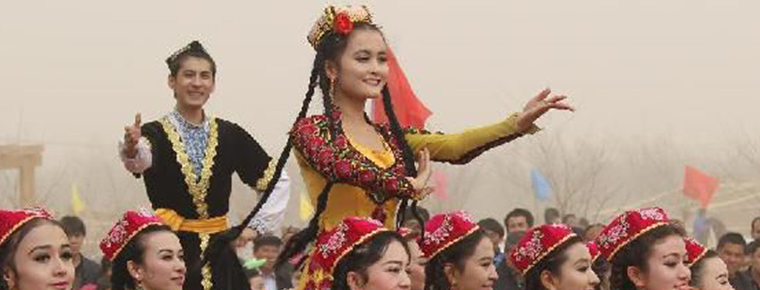
-
Wonton Noodle
The wonton noodle is also called the bamboo rising face. It is a characteristic snack in Guangzhou. It originated in Guangzhou and Guangdong cuisine.
Views: 196 Time 2018-11-14 -
shui xi of Luo Yang
shui xi of Luo Yang/Luoyang Water Banquet is a traditional feast with characteristics in Luoyang, Henan Province, which belongs to the Henan Cuisine Department..
Views: 224 Time 2018-11-26 -
Shanghai Wild Animal Park
Shanghai Wild Animal Park , located at 178 Nanliu Highway, Pudong New Area, Shanghai, is the first National Wildlife Park in China built by the Shanghai Municipal People's Government and the State For.
Views: 165 Time 2018-12-05 -
Lingwu Shuidonggou Tourist Area
Shuidonggou Ancient Human Culture Site is located in Shuidonggou Village, Linhe Town, Linwu City, Ningxia. It is 30 kilometers south of Lingwu City, 19 kilometers west of Yinchuan City.
Views: 141 Time 2018-12-12 -
Wanpingkou Scenic Area
Wanpingkou scenic spot is located in Rizhao, a beautiful coastal city in Shandong Province. "Tourist sunshine is bound to Wanpingkou" has become the consensus of tourists around the world.
Views: 88 Time 2018-12-17 -
Arirang
Alirang, known as Alirang Daling, is a famous Korean song and the most representative folk song on the Korean Peninsula. It is known as the "First National Anthem" and "National Songs&q.
Views: 163 Time 2019-03-28 -
Cloth paste painting
Teng Teng is the founder of Teng's cloth paste painting. He was born in Fengning Manchu Autonomous County, Hebei Province in 1932. He is the director of Teng's cloth paste painting.
Views: 149 Time 2019-04-04 -
Guan Suo Opera
Guansuo Opera is a kind of local opera, which belongs to the ancient Nuo Opera. It is only found in Xiaotun Village, Yangzong Town, Chengjiang County, Yunnan Province. .
Views: 160 Time 2019-05-01 -
Xiuyan Jade Carving
Xiuyan Jade Carving, one of the national intangible cultural heritage, is a local traditional art in Xiuyan Manchu Autonomous County, Liaoning Province..
Views: 116 Time 2019-07-08 -
leshan normal university
Leshan Teachers College was founded in 1978 and approved by the Ministry of Education in March 2000. The former Leshan Teachers College and Leshan Education College were merged and upgraded to general.
Views: 155 Time 2019-08-31 -
Bengbu Medical College
Bengbu Medical College (Bengbu Medical College) is Anhui Province The provincial general higher medical colleges and the first batch of units granted the right to grant bachelor's and master's degrees.
Views: 82 Time 2019-11-08 -
Meishan Education
By the end of 2019, there are 824 schools of various types, including 435 kindergartens, 176 primary schools, 165 junior high schools, 26 senior high schools, 17 secondary vocational schools and 5 special schools. By the end of the year, there were 397900 students .
Views: 163 Time 2020-12-18

